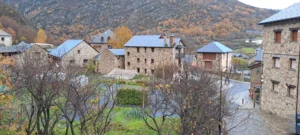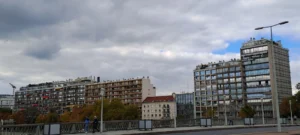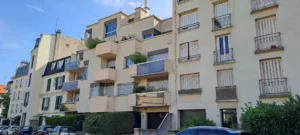This has been confirmed by the Criminal Judges of the Provincial Court of Barcelona in a document titled “Agreements for the Unification of Criteria of the Criminal Sections of the Provincial Court of Barcelona,” adopted in a session held on March 7, 2025.
This issue has been particularly sensitive for property owners or lawful titleholders of occupied properties: the cutting off of utilities as a way to pressure squatters into leaving and reclaim use of their property. Until now, in some cases, a homeowner who stopped paying for services such as electricity, water, or gas—in order to avoid covering the costs of an illegally occupied property—could face criminal charges for coercion (Article 172 of the Penal Code), adding a further layer of legal uncertainty to their situation.
With the new regulation, it is now clearly established that, in cases of unlawful occupation or trespassing, if the lawful owner or occupant discontinues utility services or ceases to pay for them, this will no longer be considered a criminal offense. In other words, this conduct is decriminalized when the person simply refuses to continue bearing the costs of an occupation they did not consent to.
This change strengthens legal protections for property owners, restoring a margin of legitimate action in the face of prolonged occupation, without fear of criminal consequences for choosing not to fund services they don’t use.
Identification of Squatters: Mandatory Police Action Before Case Dismissal
Another key aspect of this agreement addresses the identification of squatters in residential properties.
Previously, if it was not possible to identify the individuals occupying a property, judges would often order the provisional dismissal of the case under Article 641.2 of the Spanish Criminal Procedure Act (LECrim), which allows for closure when the perpetrator cannot be identified. However, this practice sometimes occurred without making a genuine effort to investigate, leading to frustration among complainants and a perception of impunity.
Under the new regulations, provisional dismissal is now expressly prohibited unless the police have first been ordered to carry out identification efforts. That is, the judge is now obliged to instruct law enforcement authorities to locate and identify the unknown occupants before any case is archived.
Only if, after these police efforts, none of the squatters can be identified, may the case be provisionally dismissed in accordance with Article 641.2. This reform aims to strengthen the complainant’s right to effective judicial protection and ensure a minimum level of investigative action before a case is closed.



